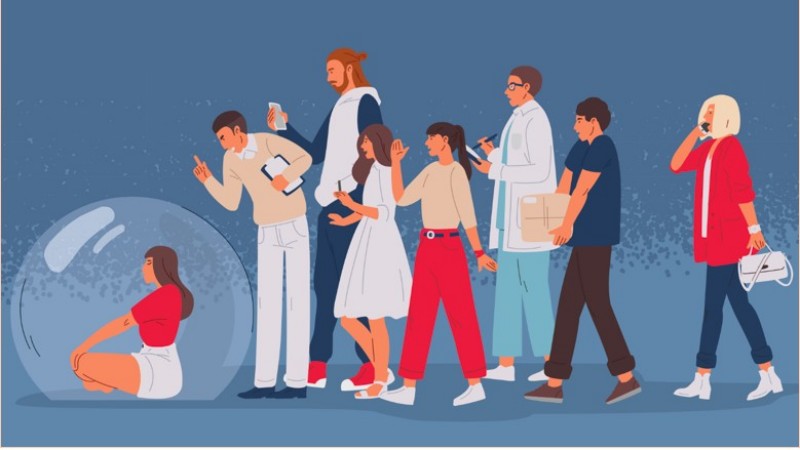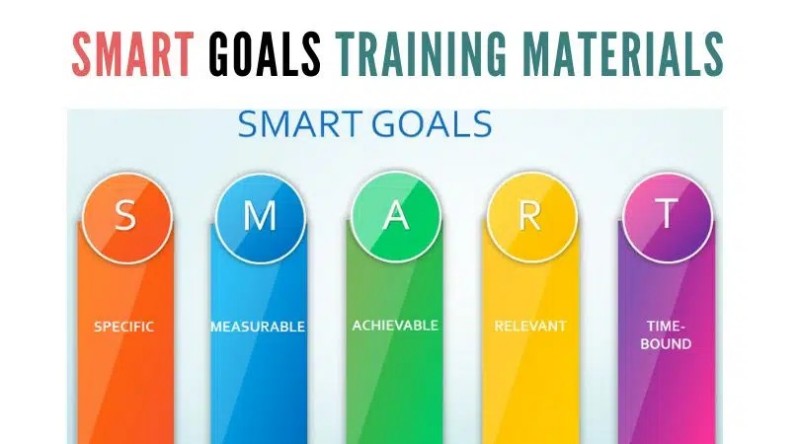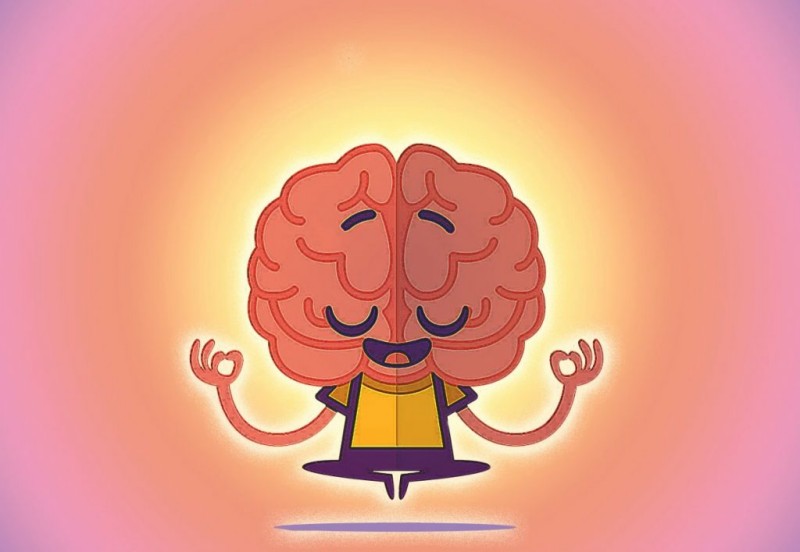In the realm of human relationships, oxytocin holds a significant role. Often referred to as the ‘love hormone’, oxytocin has a profound influence on relationship bonding, shaping the way we connect with others. But how exactly does this hormone work, and why is it so important?
Oxytocin is a hormone and neurotransmitter produced in the hypothalamus and released by the pituitary gland. Notably, its release is often triggered by positive social interactions, such as hugging, kissing, and other forms of intimate contact. The hormone has been associated with a variety of behaviors and physiological responses related to bonding and trust, hence its nickname, the ‘love hormone’.
One of the most prominent effects of oxytocin is its ability to promote bonding between individuals. A study in the Journal of Neuroendocrinology in 2025 revealed that oxytocin levels spike during the initial stages of romantic relationships. This increase corresponds with feelings of euphoria and intense emotional connection that are characteristic of the ‘honeymoon phase’.
However, oxytocin’s role goes beyond romantic relationships. The hormone also plays a critical part in the bond between parent and child. For example, oxytocin levels rise in new mothers during breastfeeding, fostering a strong emotional connection with their babies. In fact, a 2023 study from the Journal of Psychological Science found that higher oxytocin levels in the first trimester of pregnancy were associated with more engaged mother-infant interaction post-birth.
Despite its many positive effects, it’s essential to remember that oxytocin is not the ‘cure-all’ for relationship woes. While it can enhance bonding, it does not guarantee a successful relationship. Other factors such as compatibility, communication, and mutual respect are equally, if not more, important.
That said, understanding the role of oxytocin can provide valuable insights into our relationships. If you’re looking to strengthen your bonds, consider activities that naturally boost oxytocin levels. This could be as simple as hugging your partner more often, practicing mindfulness together, or even adopting a pet. The key is to engage in activities that promote positive interaction and emotional connection.
In conclusion, oxytocin, the ‘love hormone’, has a profound influence on relationship bonding. By increasing our awareness of its role, we can take steps to foster deeper connections with those we care about. Remember, while oxytocin can enhance bonding, it’s only one piece of the relationship puzzle. Ultimately, a strong bond is built on mutual trust, respect, and shared experiences.












 : eval()'d code(1) : eval()'d code(1) : eval()'d code(1) : eval()'d code</b> on line <b>2</b><br />
https://mindbodyfuell.com/wp-content/themes/baobao/default.jpg)
